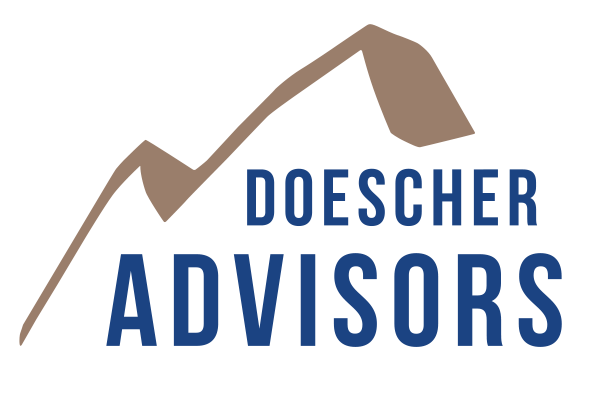Our Blog
Build the Life You Want: The Art and Science of Getting Happier (Part 1)
——

Tom Doescher
Most people I know want to “be happy.” The book’s authors offer some surprising advice that’s based on their extensive research, which is supported by neuroscience. Based on their findings, I’ve decided to write five blogs to cover this groundbreaking book and podcast. The following are a few of my initial takeaways:
1. Happiness isn’t the goal, and unhappiness isn’t the enemy. That’s because happiness isn’t a destination. Happiness is a direction.
2. Brooks and Winfrey quote Viktor Frankl’s famous book, “Man’s Search for Meaning”: “The way in which a man accepts his fate and all the suffering it entails, the way in which he takes up his cross, gives him ample opportunity, even under the most difficult circumstances, to add a deeper meaning to his life.”
3. Happiness is a combination of enjoyment, satisfaction, and purpose.
4. The truth is, however, that feelings associated with happiness and unhappiness can coexist.
In 1988, psychologists at Southern Methodist University and the University of Minnesota developed the Positive and Negative Affect Schedule (PANAS) to measure the intensity and frequency of positive and negative affect. It indicates whether you tend to experience higher or lower positive and negative emotional states than average. Brooks provides a 20-question PANAS assessment in the book.
The assessment results label your PANAS style as follows:
High Positive Affect, Low Negative Affect — Cheerleader
High Positive Affect, High Negative Affect — Mad Scientist
Low Positive Affect, High Negative Affect — Poet
Low Positive Affect, Low Negative Affect — Judge
Cheerleaders celebrate the good in everything and don’t dwell on the bad, while Poets have trouble enjoying good things and always know when there’s a threat lurking. If we were all Cheerleaders, we would keep making the same mistakes. Poets are valuable for their perspective and creativity. Life is more interesting with Mad Scientists in the mix, and Judges keep us all from blowing ourselves up with impulsive ideas.
I know what you’re saying: “Come on, another assessment?” But remember where Brooks and Winfrey are coming from. They want you to build the life you want — and maybe the company you want, too. I believe this book is an important building block.

